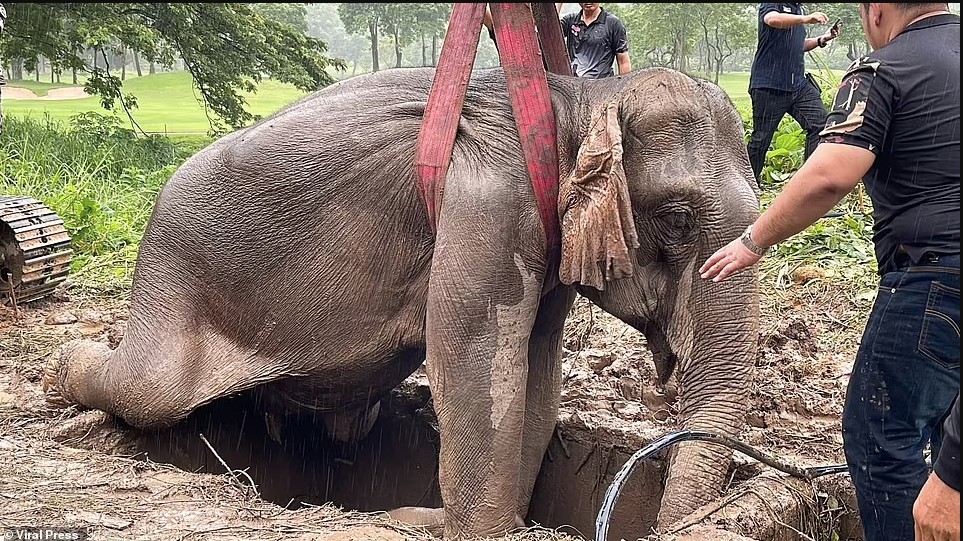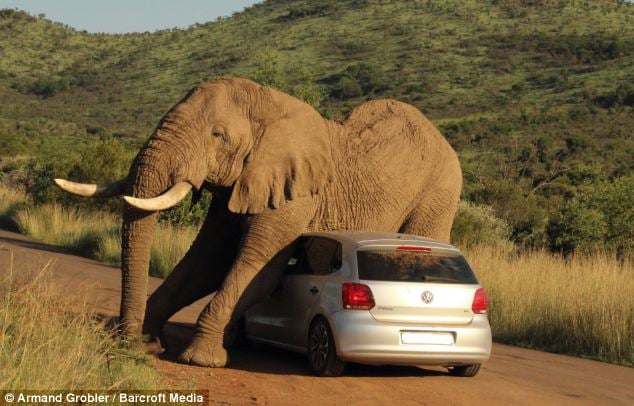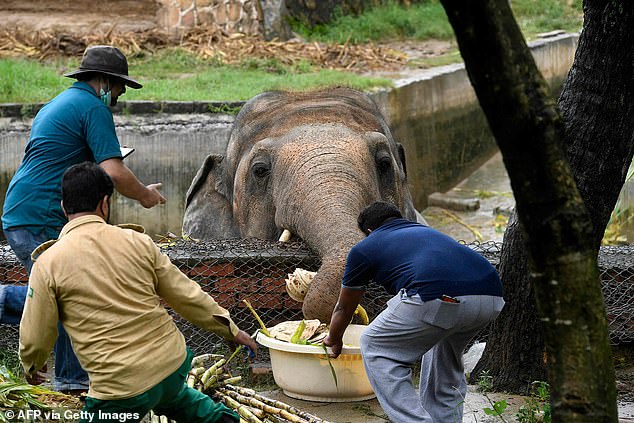The Arabian horse is easy to recognize. The dished face and slender throat-latch are characteristic of the horse breed. However, a young Arabian horse called El Rey Magnum has raised concerns among veterinarians.
Concerns over breed standards exist in all sorts of domestic animal breeds. This happens when the search for an ideal look or function overcomes functionality and sometimes even the welfare of the animal. We see this in dogs, cats, and sometimes — horses.
A young Arabian horse, El Rey Magnum, caused controversy in the veterinarian world back in 2017 due to an extreme dish to its face, a trait unique to the breed.
The colt raised concern, as veterinarians believe his extremely dished face to be harmful. Such extreme breeding may cause breathing problems in the young horse.
Unlike dogs, horses can’t breed through their mouths. A potential blockage in their airways could lead to serious problems.
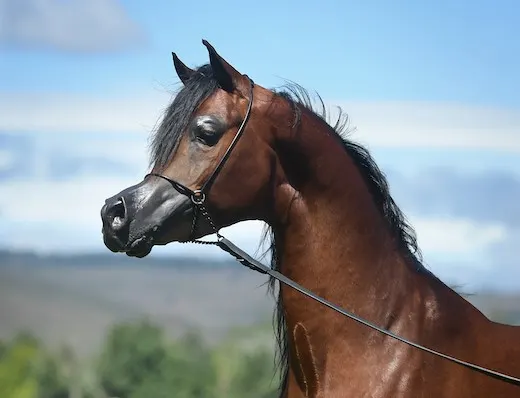

Like most animal breeds, the Arabian may suffer from congenital defects, some even fatal. The risk, however, comes from accepting what vets see as defects as necessary and welcome breed characteristics.
Orrion Farms, the owners of El Rey Magnum, says the colt is a step toward perfection. They claim he is already worth millions.
The Arabian horse’s typical dished face is one of its most iconic characteristics of the breed. The shape helps the horse breathe in its original desert environment, where the air is dry. Combined with large, wide nostrils, it enhances airflow into the lungs, which gives the horse its famous endurance.
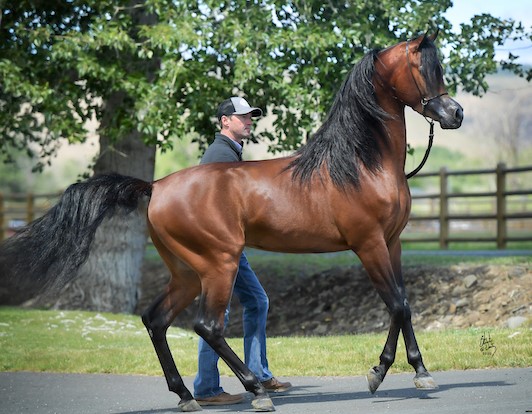

Also Read: 8 Weird & Unusual Horse Breeds You Have to See
El Rey Magnum’s Extreme Breeding Has Caused Concern
But excessive breeding could turn this trait into a flaw. British veterinarian Tim Greet believes El Rey’s nose might impede his breathing. In his view, El Rey would not be able to cope with exercise.
The major concern comes with breeding for appearances rather than function, especially in a breed known for its endurance and versatility. Halter horses tend to have more dish to their faces than other sports horses, even within the breed.
Adele Waters, the editor for Veterinary Record, commented on the colt’s appearance. Expressing disbelief at first, she believed the horse to be fake.
“My first thoughts were ‘is this the work of CGI trickery?’
“Many specialist horse vets have had a similar reaction. But the truth is this is a real horse and it has been bred to meet the demands of a particular market that likes a particular appearance.
“Where will it end? Is it really so bad for a horse to look like a horse and not a cartoon character?”
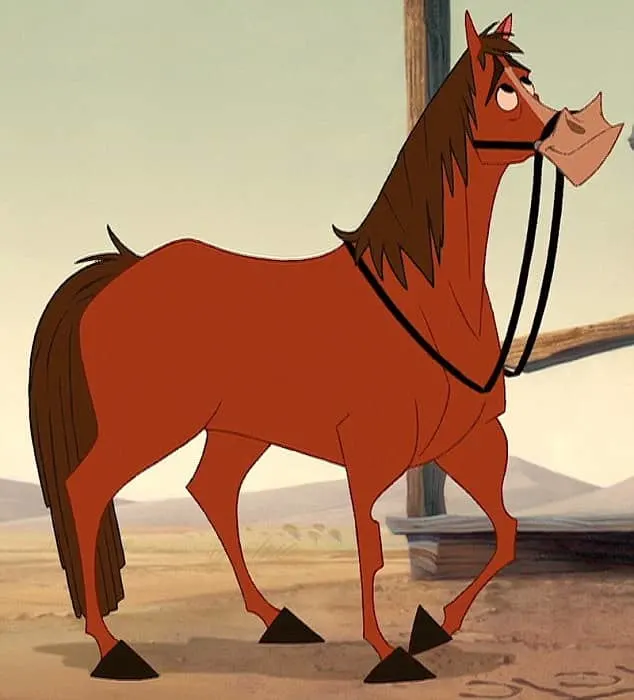
But not all people agree on his looks. The nine-month-old colt polarized opinions. While some believe his appearance to be a step in the wrong direction, others believe it to be beautiful.
American veterinarians who examined the colt claim he has no breathing problems and no health issues. Doug Leadley, of Orrion Farms, which bred El Rey Magnum, claims he has no issues.
We think he is the most beautiful Arabian in the world – we think he is a king.
Other people, such as Wayne McIlwraith, the direction of musculoskeletal research at Colorado University, also came out in El Rey Magnum’s defence, saying there is no evidence the shape of the colt’s skull affects his breathing.
The Arabian breed isn’t the only one that raises concerns about overbreeding. Other breeds, such as the Thoroughbred, face similar criticism, though in the latter’s case it involves their function as racehorses. The same happens to Quarter Horse, a breed whose bulkier halter horses have also come under fire.
Also Read: 8 Most Famous Arabian Horses in History
What Has El Rey Magnum Been up to?
Since our story broke and went viral, El Rey Magnum has won a series of accolades such as:
Yearling Colt Most Beautiful Head at the 2018 Arabian World Championships in ParisYearling Colt Supreme Championship at the 2018 Silver Champion-Arabian Breeders Cuprabian Breeders Classic Yearling Colt at the 2018 Unanimous Champion-Scottsdale International.
Here is a more recent video of El Rey Magnum
After having foals with two other mares at Orrion Farms, El Rey Magnum is now open to outside breeding. His semen (fresh or frozen) costs $3,500.
By winning so many competitions and becoming a household name, this shows the Arabian Horse industry see this extremely dished face as progression and beauty in the breed.
What do you think of El Rey Magnum? Has the selective breeding of horses gone too far?
Also Read: 13 Interesting Facts About Arabian Horses
Source: https://horseyhooves.com




